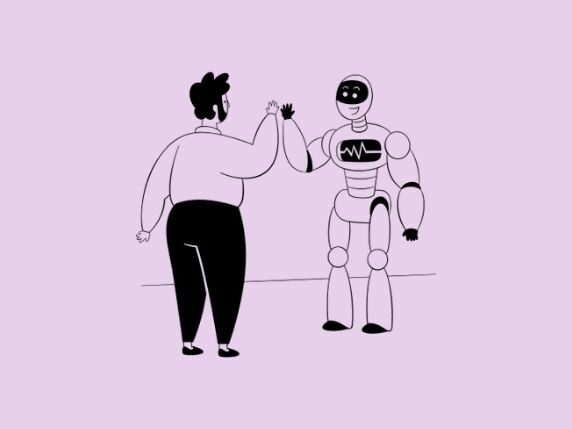The debate over whether artificial intelligence (AI) can be named as a patent inventor has been settled in the UK. The Supreme Court confirmed in December 2023 that only people can be inventors, and the High Court reinforced this in September 2025, making it clear that patent applications naming only an AI can be treated as withdrawn. You can still use AI to help create inventions, but the named inventor must be a human.
Artificial intelligence
The integration of artificial intelligence (AI) into our business and personal lives continues to be transformative. As new technologies emerge and evolve, so too does the demand to protect them. AI technology has reached a stage where it can generate solutions its creators did not directly program it to produce. Owners of such technologies are increasingly seeking protection of these AI-generated inventions through traditional intellectual property channels.
DABUS – AI inventor
Historically, machine-learning systems have been regarded as tools trained to perform specific tasks. Any invention arising from those tasks would not usually be considered an invention of the machine itself, as the outcome is predetermined by its programming and training data.
DABUS, the patented AI system created by Dr. Stephen Thaler, challenged this understanding. Dr. Thaler claims that DABUS has conceived inventions independently and autonomously, without human intervention. Among its purported inventions were a novel food container and a new type of light beacon designed to attract attention in emergencies.
Patent applications
Dr. Thaler sought to patent the inventions in the US, EU, and UK, listing DABUS as the sole inventor. He argued that the requirement to list a human inventor should either be expanded to include AI systems or waived entirely.
In December 2021, the European Patent Office (EPO) dismissed his application, and in April 2023, the U.S. Supreme Court declined to hear his appeal, leaving in place earlier rulings that inventions must list a human inventor. Both the EPO and USPTO maintained that naming an AI system as an inventor would “contradict the plain reading” of statutes referring to “persons” and “individuals.”
UK supreme court ruling
Dr. Thaler’s UK patent application, first submitted in 2018, did not name a human inventor. After years of legal proceedings, the UK Supreme Court delivered its ruling in December 2023, holding unanimously that an inventor must be a natural person. The Court concluded that, under the Patents Act 1977, the term “inventor” refers exclusively to humans and cannot include machines. Any change to this position would require legislative reform.
In 2025, following the Supreme Court’s judgment, the UK Intellectual Property Office (UKIPO) reaffirmed its stance through updated guidance clarifying that AI systems cannot be listed as inventors and that applicants must identify a human inventor who “makes a material contribution” to the inventive concept.
What does this mean for the patent system?
A ruling in favour of Dr. Thaler would have created significant practical and legal challenges, potentially contradicting the established approach in Europe and the United States. It would have raised complex questions for litigation, for instance, how could a machine be cross-examined or be said to possess legal rights?
The UK Supreme Court’s 2023 decision, reaffirmed in 2025 policy updates, means that under current law, an AI system cannot be named as a sole inventor in the UK. Individuals or businesses using AI tools to develop inventions can still list themselves or their employees as the inventor, even if their human contribution was limited to setting up or running the AI.
As AI systems become increasingly capable of generating creative and technical solutions, legislators face the challenge of incentivising human innovation while acknowledging the growing creative role of AI.







